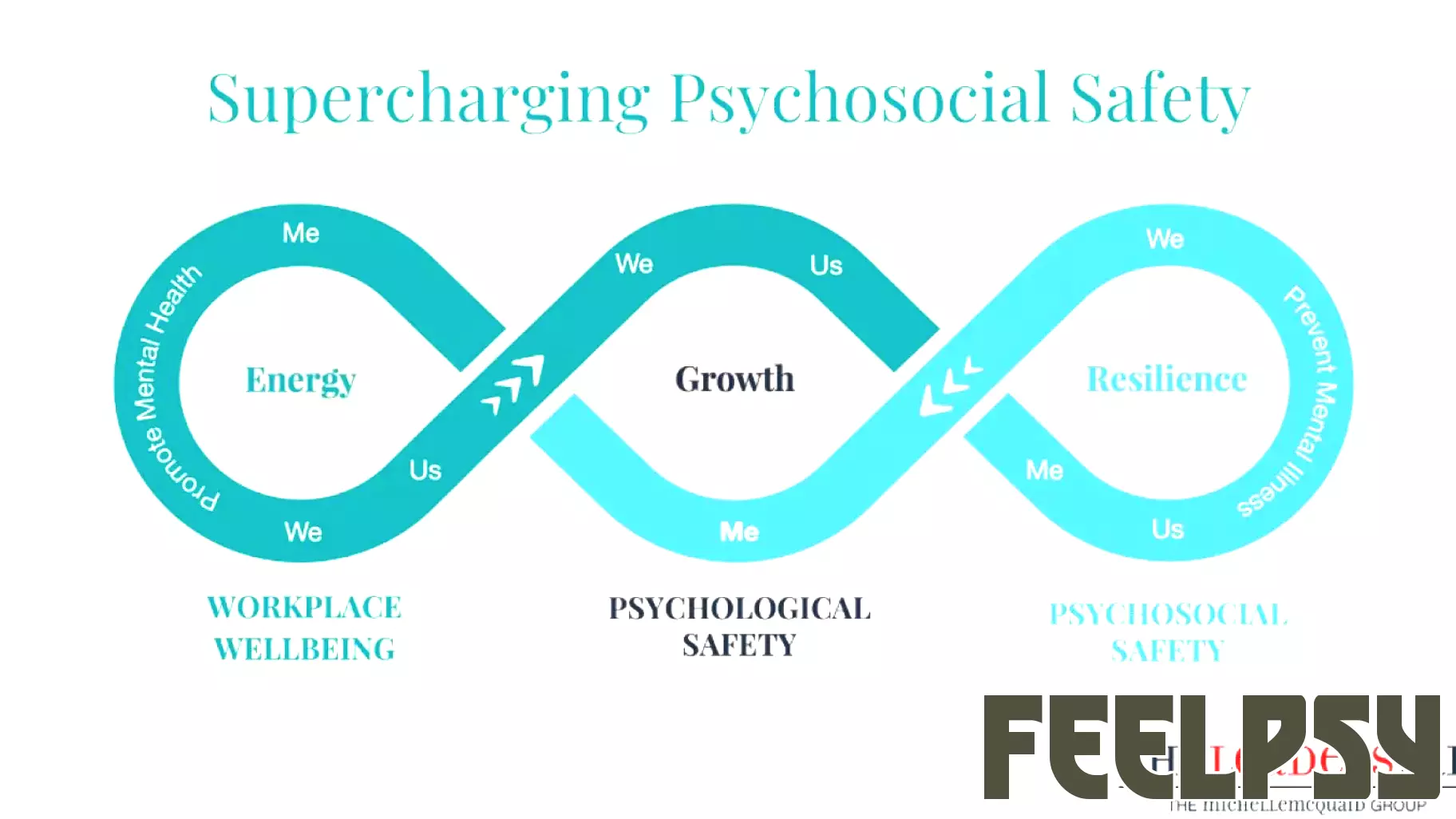March 11, 2025 - 10:04

In recent years, the focus on mental health in the workplace has grown significantly, yet many programs still fail to deliver the desired outcomes. A key reason for this shortfall is the lack of tailored approaches that address the unique needs of employees. Many organizations implement generic programs without considering the specific challenges faced by their workforce.
Successful workplaces are distinguishing themselves by prioritizing employee engagement in the development of mental health initiatives. They actively seek feedback and involve employees in creating programs that resonate with their experiences and concerns. Additionally, these organizations are integrating mental health support into their overall workplace culture, ensuring that it is not treated as a separate or secondary issue.
Moreover, effective mental health programs often include training for managers to recognize signs of distress and to foster an open, supportive environment. By cultivating a culture of understanding and accessibility, these organizations are not only improving employee well-being but also enhancing productivity and job satisfaction. In contrast, those that overlook these critical elements continue to struggle with their mental health initiatives.



